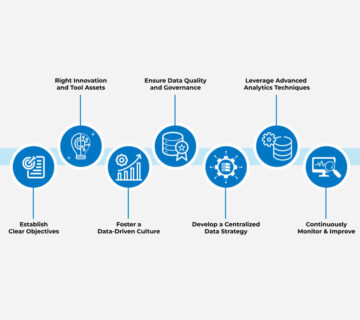The Critical Importance of PCI Compliance for Your Business
If you run a business, you are probably already familiar with PCI compliance — or “Payment Card Industry” compliance. PCI serves to minimize suspect activity and/or data theft related to credit card transactions in businesses. The following information will shed light on the role of PCI compliance in professional settings, explain why compliance is beneficial for companies and customers alike and what the major PCI standards are.
What Is PCI Compliance?
Created in 2006 to ensure the security of credit card transactions between businesses and customers, PCI compliance serves to protect customers from fraudulent activity and protect businesses from potential liabilities. The PCI Security Standards Council — or the PCI SSC — states that its mission is to “enhance global payment account security by developing standards and supporting services that drive education, awareness, and effective implementation by stakeholders.”
In this way, the PCI SSC strives to increase credit card data security in all industries, ultimately eliminating fraud and data theft in credit card transactions. That being said, to be PCI compliant is to adhere to the following guidelines presented by the Council, also known as the PCI Data Security Standards (PCI DSS).
The Top 6 PCI Requirements
The PCI SSC has developed 6 major requirements that all compliant businesses should adhere to in their day-to-day operations. Beyond these standards, the Council has also defined 12 key requirements, 78 base requirements, and more than 400 test procedures to enhance customers’ data security further. In today’s business world, the 6 PCI DSS are considered security best practices — all companies that conduct credit card transactions should actively respect these regulations:
- Build and maintain secure networks and systems.
- Prioritize the protection of cardholder data.
- Maintain vulnerability management programs.
- Implement strong access control measures.
- Regularly monitor and test networks.
- Maintain an information security policy.
To better accommodate rapidly evolving technology, the latest set of standards put forth by the Council, PCI DSS 4.0, includes provisions for larger-scale cloud environments so that customers’ information stays secure in a wider variety of commercial settings.
Consequences of Non-Compliance
As previously mentioned, PCI compliance is required for all establishments that utilize credit card transactions. There are negative consequences for companies that do not respect the PCI DSS, including but not limited to considerable fines for agreement violations and negligence.
Ensuring That Your Business Is PCI Compliant
It can be daunting to try and understand all of the PCI Data Security Standards that your company should abide by — luckily, the experts at Technijian are here to help you maintain PCI compliance without the stress. For reliable guidance and information about how your business can comply with the PCI Standards, fill out our quick contact form, call us at (949) 379-8499, or email our friendly team [email protected].




Thank you for your sharing. I am worried that I lack creative ideas. It is your article that makes me full of hope. Thank you. But, I have a question, can you help me?